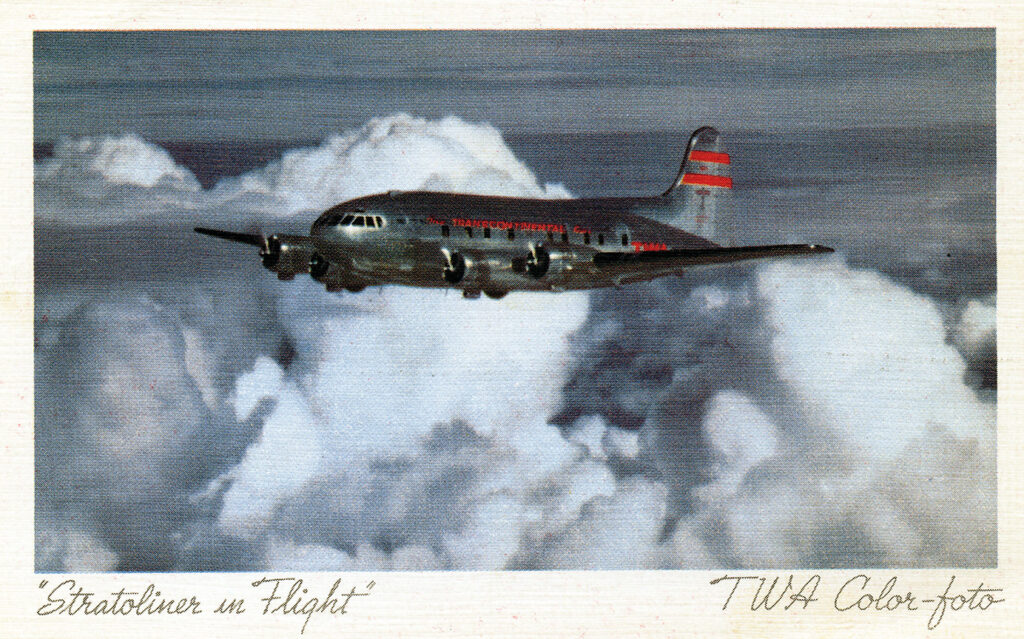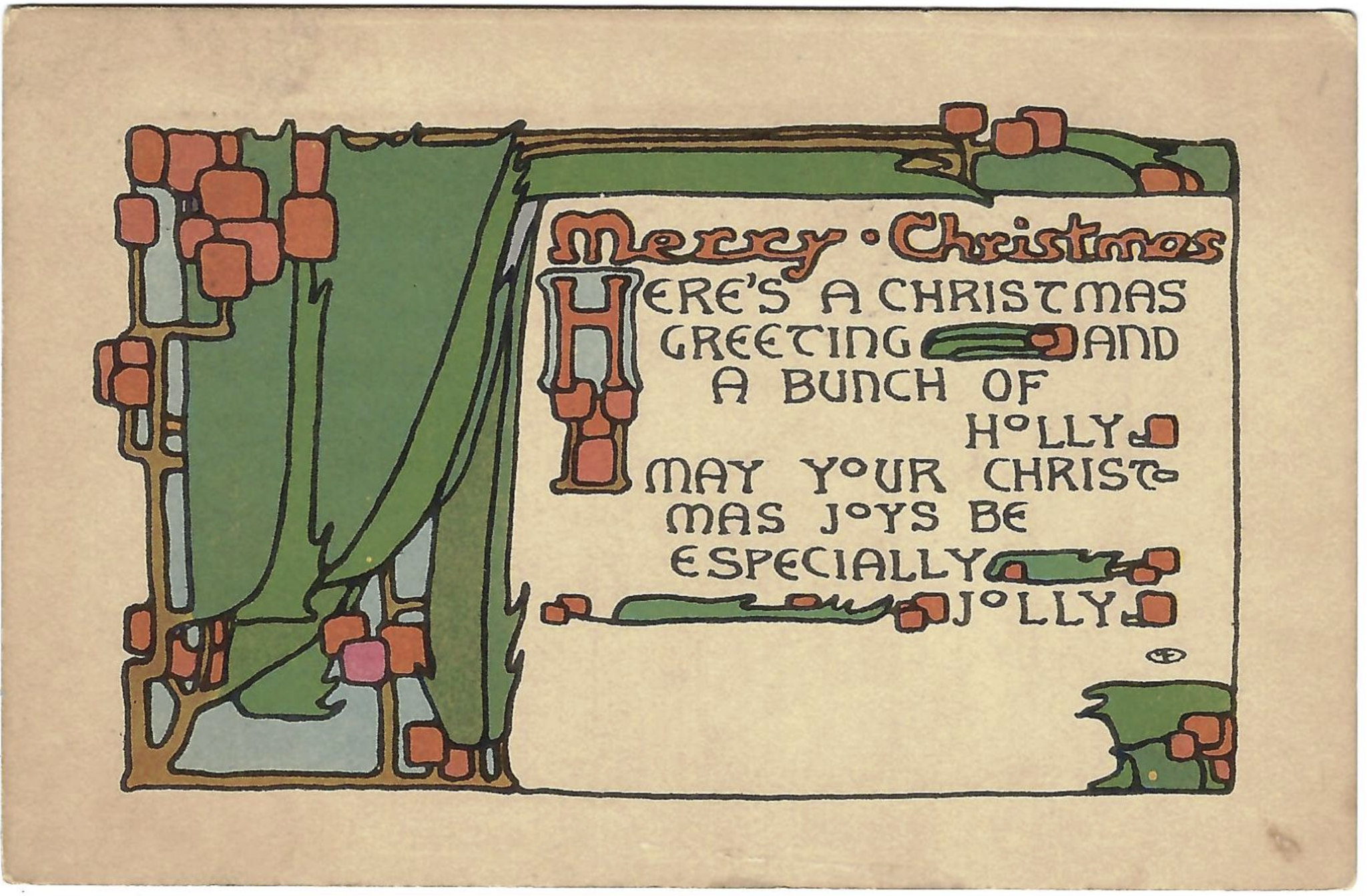
Michael Bushnell
Publisher
Trans World Airlines launched its first jet service on January 25, 1959, between New York-Idlewild and San Francisco.
The route was chosen by TWA’s then-President Howard Hughes to compete with American Airlines’ new jet service between New York-Idlewild and Los Angeles. Hughes pushed TWA’s finances to the limit to enter the jet age by ordering eight new Boeing 707-120’s in February 1956. TWA dubbed the new jet service “Star Stream’’ and even gave it its own set of standards in luxury jet travel.
The 707 was widely known in aircraft circles as one of the most versatile jets used in commercial passenger service. Pilots who flew the four-engine, 189-seat liner knew she could take a beating and still be airworthy. Test pilot Tex Johnston proved this in 1955 when, at an exhibition of a prototype Boeing 707, promptly took to the air and barrel rolled the jetliner not once, but twice, in front of an audience of Boeing executives and representatives of the International Air Transport Association and the Aircraft Industries Association.
Boeing’s then President Bill Allen called Johnston into his office the following Monday and laid down the law. No more rolls. Over its nearly 20 year production history, Boeing produced more than 1,800 707s including over 800 military versions used for everything from hauling freight and equipment to being used as a tanker plane for in-air refueling.
Boeing followed the 707 with the widely used 727, a smaller, three-jet configuration that positioned the engines at the rear of the plane, supposedly for greater stability and a smoother flight. The 707 was also the Air Force 1 for Presidents Kennedy, Johnson, Nixon and Ford. During the Carter administration, Air Force 1 transitioned to the Boeing 747.
This postcard is one of TWA’s promotional postcards produced to promote the 707 for commercial air travel.



















